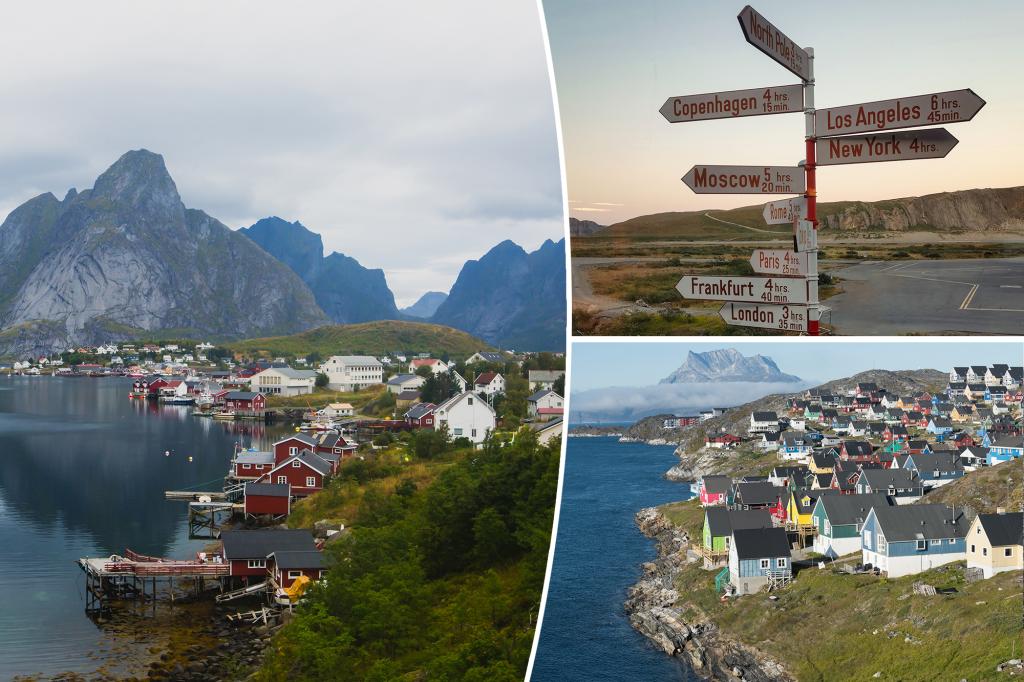As the capital city of Greenland, Nuuk is expected to become the next travel hotspot for Americans seeking an alternative to crowded European destinations. With new airport facilities and hotels opening up, United Airlines has even launched seasonal non-stop flights from Newark to Nuuk. The increase in tourism is already causing concern for local businesses, such as Hotel Nordbo’s general manager Mads Mitchell, who fears the disruption that a flood of tourists may bring to the local way of life.
The growing interest in Greenland can be attributed to its reputation for arctic adventures and its unique appeal as a destination. The influx of tourists is set to almost double the volume of airline seats flying into Nuuk, with plans for further investments to increase air capacity in the region. Each incoming plane has the potential to generate significant revenue, making Nuuk an attractive destination for airlines seeking profitable routes.
Despite the economic benefits that tourism brings, there are concerns about the impact of mass tourism on the local environment and community. Anti-tourist sentiments have grown worldwide in response to overcrowding and environmental issues caused by excessive tourism. Greenland, with its limited hotel accommodations and natural limitations, may have some protections in place to prevent over-tourism in the short term.
The interest in exploring new and unconventional destinations, such as Nuuk, reflects a desire among travelers to experience something different and off the beaten path. Individuals like Aria Varasteh, a consulting firm founder from Washington D.C., are eager to visit Nuuk and immerse themselves in the unique landscape and culture of Greenland. The allure of arctic adventures and the untouched beauty of Greenland make it an appealing destination for those seeking a more authentic travel experience.
As the number of visitors to Nuuk continues to rise, there is a growing need to strike a balance between promoting tourism and preserving the local way of life. Finding this equilibrium is crucial to ensuring that the benefits of tourism are sustainable and do not outweigh the negative impacts on the environment and community. Efforts to regulate the number of tourists and protect the natural beauty of Greenland will be essential to maintaining the long-term viability of the tourism industry in Nuuk.
In conclusion, the increasing interest in Nuuk as a travel destination presents both opportunities and challenges for the local community and businesses. While the economic benefits of tourism are significant, there is a need to carefully manage the influx of visitors to ensure that the unique appeal of Nuuk is preserved for future generations. With proper planning and regulation, Nuuk has the potential to become a sustainable and responsible tourism destination that offers unforgettable experiences for travelers seeking adventure and exploration in one of the world’s most captivating regions.


